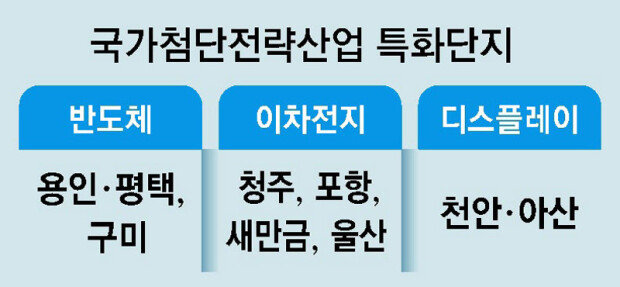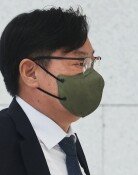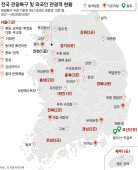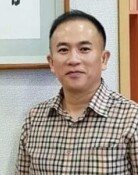High-tech industrial complexes to be built across the country
High-tech industrial complexes to be built across the country
Posted July. 21, 2023 08:09,
Updated July. 21, 2023 08:09

A state-led initiative to establish specialized industrial complexes focused on semiconductor, rechargeable battery, and display technologies will be implemented in seven cities across the country, namely Yongin, Pyeongtaek, and Saemangeum, among others. The government plans to invest 614 trillion won in private funding to develop these high-tech industrial complexes by 2042.
On Thursday, the government hosted the third state-of-the-art strategic industrial committee meeting and appointed seven local governments where the specialized complexes will be constructed. The selection process involved a public contest held in February, receiving applications from 21 local governments, which resulted in an average competition rate of three to one. Minister Lee Chang-yang of the Industry, Commerce, and Resources emphasized the significance of establishing these specialized complexes in fostering a super-gap innovative ecosystem.
Yongin, Pyeongtaek, and Gumi have been chosen as the locations for the specialized complexes catering to the semiconductor industry, while Cheongju, Pohang, Saemangeum, and Ulsan have been selected for the rechargeable battery industry. For the display industry, the complexes will be built in Cheonan and Asan. Key industry players such as Samsung Electronics, SK hynix, LG Energy Solution, and Samsung SDI will act as anchor businesses, committing a total investment of 614 trillion won by 2042. The government has also designated five cities to specialize in materials, parts, and equipment for the semiconductor industry (Anseong and Busan), future automotive industry (Gwangju and Daejeon), and biotechnology industry (North Chungcheong Province).
Cities chosen to host these high-tech specialized complexes will receive various forms of assistance and support, including tax incentives, budget allocations, and administrative aid. A “time-out” system will be implemented, automatically granting authorization and permission if the processing takes longer than 60 days. Moreover, preferential assistance will be provided for infrastructure development, including industrial wastewater treatment facilities. In the latter half of this year, a city-specific tailored development plan will be formulated to cater to each location's specific needs and opportunities.
kalssam35@donga.com
Headline News
- N. Korea redefines S. Korea as ‘hostile state’ in revised constitution
- Samsung develops graphic DRAM with industry-leading capacity and speed
- Three questions allegedly leaked via text message during Yonsei Univ. essay test
- China to inject 340 trillion won in loans to support real estate sector
- Dodgers beat Mets to take 2-1 lead in NLCS







